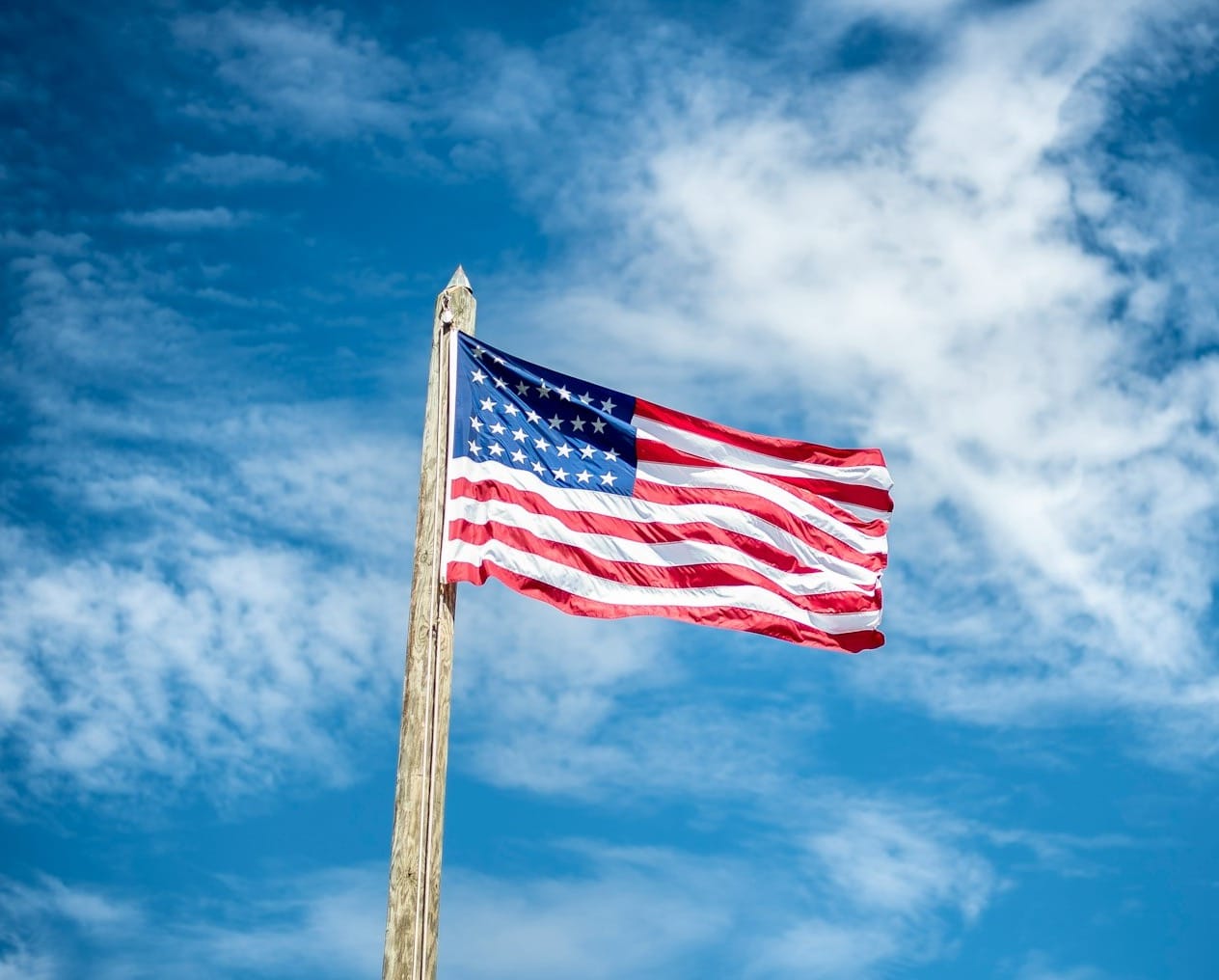One of the most encouraging developments in the past two years is the uprising that erupted in the wake of the Supreme Court’s decision to deprive women of the most basic human right, bodily autonomy. In August, polls in the seven battleground states found that abortion had sped past the economy as the single most important issue for registered women voters younger than 45.
Although there’s a severe gender gap, and some age diffrerences, it’s not just women under 45 who are furious and determined to crush or at least undermine the attacks on reproductive rights. Since the Dobbs case overturned Roe v. Wade, voters in seven states have already passed variously worded measures to protect women’s access to abortion. Ten states have measures on the ballot today, all of them designed to enshrine a level of abortion rights in their constitutions. Most will pass. (We’ll be taking note of the results tonight, announcing them on the list below as the votes are tallied.)
While this outpouring of support for abortion access is occasion for some serious celebration, today’s victories are only one element in the fight to restore reproductive rights naitonwide. Thirteen states now prohibit abortion outright, with 10 having no exceptions for rape. Another four have six-week limits, which amount to outright bans since many women don’t even know they are pregnant so early in gestation.
One of the 13 states is Arkansas. Its voters would also have had a chance at voting on abortion rights today, but official shenanigans kept this off the ballot on a technicality. This flim-flammery was crafted by those who call themselves “pro-life,” a travesty given the paltry attention they pay to addressing Arkansas’s dreadful maternal death rate, 44 per 100,000 live births annually, the worst record in the U.S., a nation that itself has the worst maternal mortality rate of the richest 20 nations, a nation where several women have died since Dobbs from lack of timely medical intervention because doctors and/or hospitals were unwilling to take a chance on prosecution for providing an abortion even when death of the woman was imminent.
Meanwhile, forced-birthers in Texas, including some legislators, are hot to make providing an abortion a death penalty offense. The state’s latest GOP platform endorses a measure to make that possible. The ultra-extremist “abortion abolitionists” also want to punish women who get abortions as murderers. Even for some forced-birther Republicans, doing would go too far. Unlike Arkansas, Texas doesn’t allow citizens to initiate legislation to dump or at least weaken its abortion ban.
Nevertheless, progress is being made.
At my post here, you can find more details about each intiative/referendum summarized below.
Arizona Proposition 139, the Right to Abortion Initiative, a citizen initiative to amend the state constitution, adding a “fundamental right” to receive abortion care up until fetal viability. A recent poll found 60% of likely voters said they support the amendment.
Colorado Amendment 79, the Right to Abortion and Health Insurance Coverage Initiative, an amendment to the state constitution by inclusion of a right to abortion, a ban against state and local governments impeding that right via health insurance plans, and the repeal of a 1984 law banning use of public funds for abortions. Colorado requires constitutional amendments to gain a 55% supermajority for approval.
Maryland Question 1, the Right to Reproductive Freedom Amendment, a legislatively referred constitutional amendment adding a new article to the state constitution's Declaration of Rights establishing a right to reproductive freedom, defined to include "the ability to make and effectuate decisions to prevent, continue, or end one's own pregnancy." A recent poll shows 69% of likely voters in favor.
Florida Amendment 4, the Right to Abortion Initiative, an initiated constitutional amendment, would add to the Florida Constitution’s Declaration of Rights that no law can be passed restricting abortion before viability of the fetus. Florida requires a 60% supermajority vote for approval of amendments, and a recent poll found 53% of likely voters saying they support the amendment. [UPDATE 8:30 pm ET: As of the present time, the measure is failing to meet the necessary supermajority, 57% to 43% with 82% of the vote counted.]
Missouri Amendment 3, the Right to Reproductive Freedom Initiative, a citizen-initiated constitutional amendment to institutionalize reproductive freedom, defined as "the right to make and carry out decisions about all matters relating to reproductive health care, including but not limited to prenatal care, childbirth, postpartum care, birth control, abortion care, miscarriage care, and respectful birthing conditions." The amendment also provides that the legislature may enact laws to regulate abortion after fetal viability. A poll in August found 52% in favor of the amendment.
Montana CI-128, the Right to Abortion Initiative, an initiated constitutional amendment designed to provide a "right to make and carry out decisions about one’s own pregnancy, including the right to abortion" and allow the state to regulate abortion after fetal viability, except when "medically indicated to protect the life or health of the pregnant patient." The amendment also prohibits the government from penalizing, prosecuting, or taking any adverse action against a person based on their pregnancy outcomes or against any person who aids or assists another person in obtaining an abortion.
Nebraska Right to Abortion Initiative, a legislatively referred constitutional amendment to add the right to abortion until fetal viability. A recent poll shows 44% favor the amendment, with 40% opposed. Also on the ballot is a rival measure, Prohibit Abortions After the First Trimester Amendment, to prohibit abortions after the first trimester unless necessitated by a medical emergency or the pregnancy is a result of sexual assault or incest. The same poll as on the Right to Abortion Initiative found 46% in support and 41% opposed to the First Trimester Amendment.
New York Proposal 1, the Equal Protection of Law Amendment, a legislatively referred constitutional amendment to add language to the state’s existing bill of rights to prohibit people from being denied rights for reasons of "ethnicity, national origin, age, and disability" or "sex, including sexual orientation, gender identity, gender expression, pregnancy, pregnancy outcomes, and reproductive healthcare and autonomy." A recent poll found 69% of likely voters in support.
Nevada Question 6, the Right to Abortion Initiative, an initiated constitutional amendment to provide for state regulation of abortion after fetal viability except when needed "protect the life or health of the pregnant patient." An August poll put the support level for the amendment at 75%.
South Dakota Constitutional Amendment G, the Right to Abortion Initiative, an initiated constitutional amendment, establishes a right to abortion and would bar state regulation of abortion in the first trimester; allow regulation in the second trimester but only in ways related woman’s health in the second trimester; and allow state prohibition of abortion in third trimester except for life and health of the pregnant woman. The only available poll put support among likely voters at 53%, which is a match for the roughly 55% of South Dakotans who voted against abortion bans in 2006 and 2008.









Comments
We want Uncharted Blue to be a welcoming and progressive space.
Before commenting, make sure you've read our Community Guidelines.